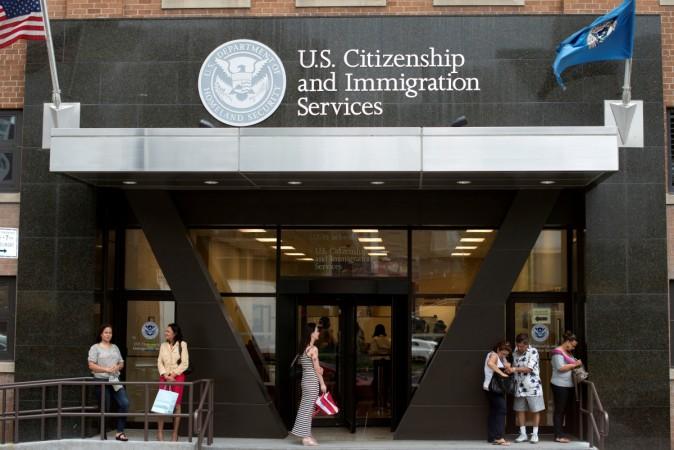
The H-1B visa has been one of the most-discussed topics in the last few years, especially since Donald Trump assumed office as the president of the US in 2017. The United States Citizenship and Immigration Services (USCIS) is now set to start the visa filing process on Monday, April 1. The visa filing process is for the fiscal year 2020, which begins on October 1, 2019.
The process will go on until the quota for the year is completed. This mostly lasts for a few days, depending on the volume of the applications.
What is the H-1B visa?
The H-1B visa in the United States allows US employers to hire foreign workers in specialty occupations. It is a temporary work visa, under which the international citizens are permitted to work and live in the US.
It only caters to the specialized occupation category and requires the visa holder to have at least a bachelor's degree. In case, the degree is from a foreign country, it needs to be equivalent to a US bachelor's degree.
The duration of the H-1B visa is three years and can be extended up to six years unless otherwise applied. Under special circumstances, the visa may be extended up to 10 years.
H-1B visa fee
The H-1B visa filing process carries a fee, a part of which is paid by the employee and the rest is paid by the employer.
- Base filing fee -- $460, paid by the employer
- American Competitiveness and Workforce Improvement Act (AICWA) Fee -- $750 paid by employers with one to 25 full-time employees, and $1,500 paid by employers with 26 or more full-time employee
- Fraud prevention and detection fee -- $500, paid by the employer
- Fee-based on Public Law -- $4,000, paid by the employer
- Attorney fee – a variable amount paid by the employer
- Visa stamping fee – differs from one country to another in the range of $500 to $3,000 approx and is paid by the employee.
The amount can be paid by check or money orders to the department of homeland security.
How many H-1B visas are up for grabs for FY2020
The USCIS will issue 65,000 H-1B visas this year and an additional 20,000 visas.
What is H-1B visa lottery and what does the process entail?
The H-1B visas are allotted through a lottery system each year. Each applicant is allotted a number and the lottery is conducted through a computerized system, which picks out these numbers at random.
Changes to the H-1B visa this year
The USCIS has announced that April 1 onwards, an employer data hub will be available online as part of its efforts to bring more transparency to the visa filing and approval process. On this data hub, the public will be able to search for H-1B petitioners by fiscal year, company name, city, state, or zip code. All these will help the people to the calculate approval and denial rates and review which employers are a part of the H-1B program.
In addition, the US Department of Homeland Security (DHS) also released a 139-page document on November 30, detailing the changes it plans to bring about in terms of the H-1B visa. As per the reforms, the H-1B visas will now be awarded on a more stringent merit basis, and will in turn benefit highly-skilled workers. Not just that, the move will work in the favour of applicants who have a master's degree from a US university.
As of now, the US awards 65,000 H-1B visas each fiscal and an additional 20,000 to applicants with a US master's degree. However, the USCIS has reversed the order and April 1 onwards, it will count all the applications to reach the 65,000 cap first. Only once these slots are filled, the USCIS will select petitions for the 20,000 advanced degree slot.















